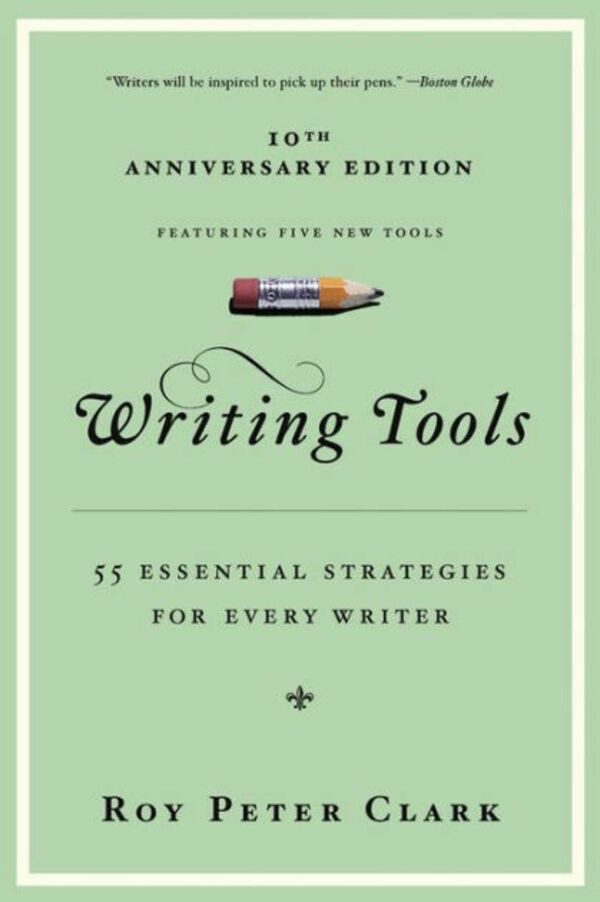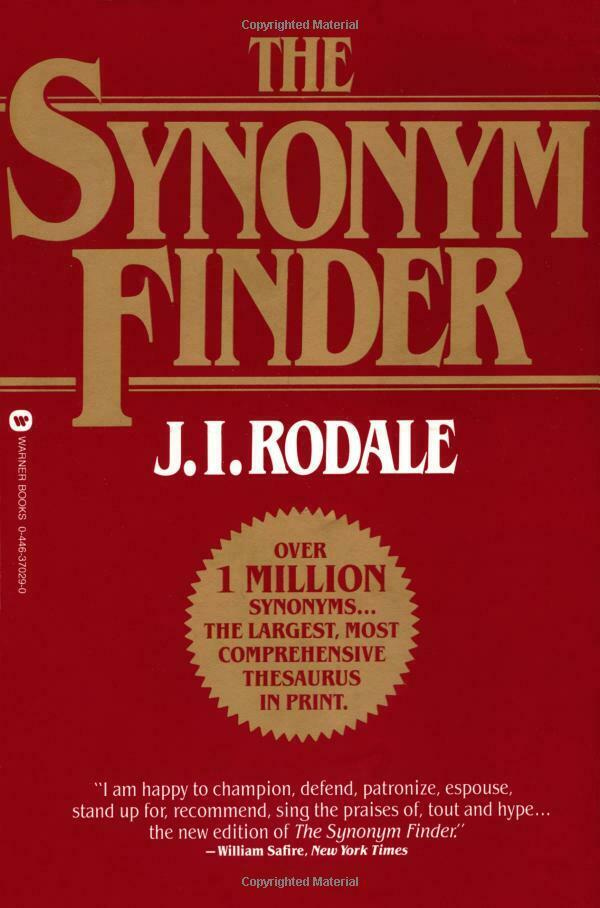Spokeshave
Round off wood edges
It’s time for another Cool Tools video review. This time around, I’m going to show you a tool recommended by Adam Savage on episode 57 of the Cool Tools podcast. The spokeshave is a tool that rounds off the edges of wood. Versions of this tool date back to prehistoric time. It’s essentially a kind of plane, with an adjustable carbon steel blade in the middle, and handles on the side.
By taking a roughly square length of wood and working your way around, you can make smooth, round dowels or rounded fittings for chairs, or wagon wheel spokes if you plan on doing any time traveling. They’re also popular for making canoes and paddles, and bows and arrows.
The spokeshave here is made by Kunz. It’s made from cast iron and has a nice old fashioned heft to it. The handle is surprisingly ergonomic, with places for your thumbs if you’re pushing it away from you, and a nice grip if you’re pulling it towards you. You guys can debate which method works best, but both worked fine in my limited time with the tool.
You’re not going to get the precision and uniformity you’d get with turning something on a lathe. But for shaping something round and freeform, the spokeshave gives you nice, fine control.
If you’re curious to pick up this exact same one, you can use the link in the description, which also helps out the Cool Tools blog and podcast. And you can see thousands of reader recommended tools just like this at Cool-Tools.org.
From the podcast:
“I was shocked at how easy it was to use a spoke shaver, at how well it took a square piece of wood and made it round in literally about 15 minutes. … Like the rule of knives. You cut on the pole. You place it on the corner and you adjust the angle of the wood with how you’re holding it and you pull back towards yourself and you can, with really impressive precision, peel off a lot of or little of the wood as you’re puling the spoke shaver towards you. … I was really surprised at how ergonomic it was, at how much fine motor control even a beginner like me had in making this two by four, or this one by one, a nice round dowel.” – Adam Savage
01/9/18








